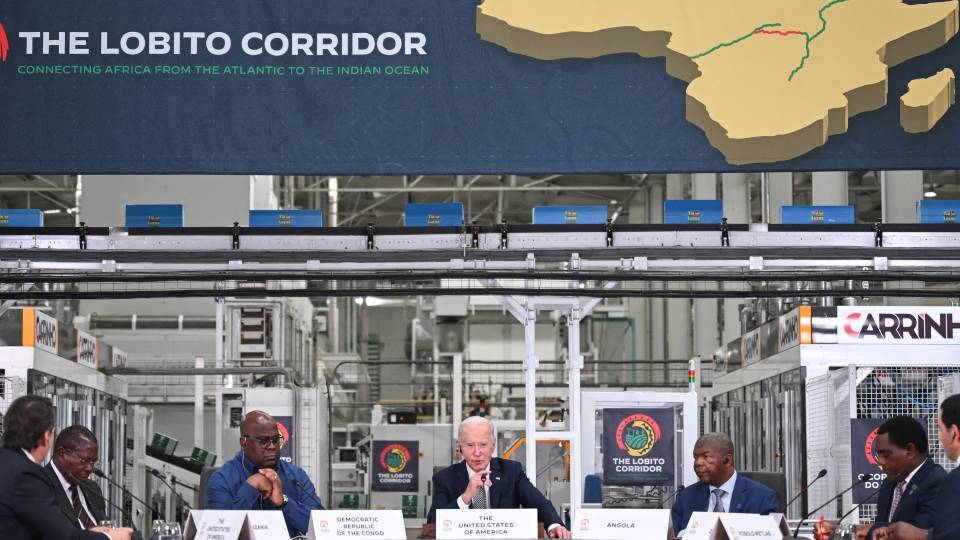
There’s a lazy but geopolitically irresistible allure in branding Angola’s Lobito Corridor as a U.S. bid to blunt China’s influence in Africa and the region’s mineral supply chains. I get why the framing sticks: it’s neat, dramatic, and easy to sell.
This narrative has proliferated within U.S. political circles, media, and think tanks. But a quick look at the project’s history would have been enough to debunk this simplistic narrative that doesn’t hold up to the facts.
When Angola awarded the 30-year concession in 2022, it did so through an open tender. The winner was a European consortium — the Lobito Atlantic Railway (LAR) — led by Trafigura, joined by Portugal’s Mota-Engil (32.4% owned by China’s state-run China Communications Construction Company) and Belgium’s Vecturis. The U.S. government wasn’t involved in the bidding at all.
For Luanda, the priority was clear: revive the Benguela Railway, a vital artery linking the Copperbelt to the Atlantic via Lobito port, by selecting the most economically viable operator. This was never about political proxies, let alone an anti-China play.
Yes, the project has since attracted significant U.S. support through financing and diplomatic attention. But support isn’t control. Angola remains in the driver’s seat.
Many have characterized the project as Washington’s most significant effort to counter China’s presence in Africa. Yet this framing inflates U.S. influence over what is fundamentally a market-driven, infrastructure-led initiative with a national and regional economic rationale.
LAR’s new CEO, Nicholas Fournier, put it bluntly in a recent interview: the project is “a purely commercial entity with zero geopolitical considerations.” And that makes total sense.
Neither Angola nor the consortium has any reason or incentive to use the railway as a geopolitical weapon by barring Chinese mining companies in the region from using it. Put simply, there’s little economic sense in restricting access to sources of revenue by excluding the Copperbelt’s most significant stakeholders. Angola has no interest in seeing the railway underused.
Let’s not forget that loans contracted by LAR to refurbish the corridor, even those coming from the U.S. Development Finance Corporation (DFC), must be repaid, so excluding the railway’s biggest customers would undercut the project’s financial sustainability.
That’s why Fournier’s words were refreshing: they echo what many of us have argued from the start. This is an African-led, commercially driven infrastructure play centered on economic viability, not geopolitical theatrics. Let’s not reduce it to a lazy analysis; the Lobito Corridor project is not a U.S. project.
